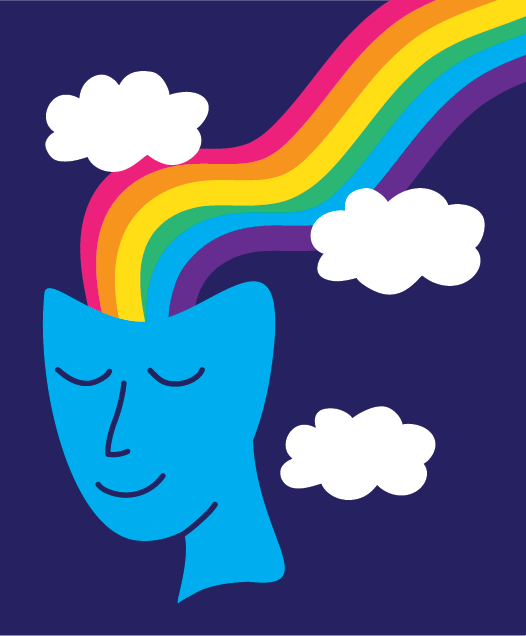Music through the lens of mental health
Music can have a powerful effect on mental health.
February 8, 2021
Music has often been a medium of art that expresses human emotion. Whether it be through singing or the melody of instruments, these sounds create a tangible idea of feelings.
We often hear people say, “music saved my life.” Or, even as famous singer and musician Louis Armstrong once put it, “music is life itself.”
These phrases carry a similar narrative that resounds with anyone. The ability for music to sway our emotions has more to do with mental health than we may believe.
According to an article from National Alliance on Mental Illness (NAMI), “Music acts as a medium for processing emotions, trauma and grief—but music can also be utilized as a regulating or calming agent for anxiety or for dysregulation.”
People who experience mental illness can use music to their benefit. Aside from its natural and entertaining charm, music is also therapeutic.
Peaceful piano melodies allow students to feel focused and calm, while heavy rock music is used as a healthy way to express anger or sadness. Diverse music means a diverse means for expression and therapy.
According to the same article that was mentioned above, music’s “rhythmic and repetitive aspects … engages the neocortex of our brain, which calms us and reduces impulsivity.” When we listen to our favorite music, we receive more than just entertainment.
This remains true for the case of Marta C. González, an elderly, ex-ballerina with Alzheimer’s. As González listened to a song from Swan Lake, she began to dance with her arms spread out and positioned herself as a ballerina would.
A recollection of her past was sparked at the sound of familiar music. Though González no longer has the same memory as she did in her youth, music unlocked a part of her that had been hidden away for a long time. A viral video of her reaction still circulates multiple social media platforms.
Our unlimited access to music allows us to have a form of healing. Music should not be replaced by professional help, but it is a healthy outlet that is accessible through the radio, music streaming services or even from our own voices and instruments. Music can possibly save lives, but we know now that music can most definitely change lives for the better.
More information on Gonzáles about her and the organization that promotes music and mental health: can be found on https://www.musicaparadespertar.com


